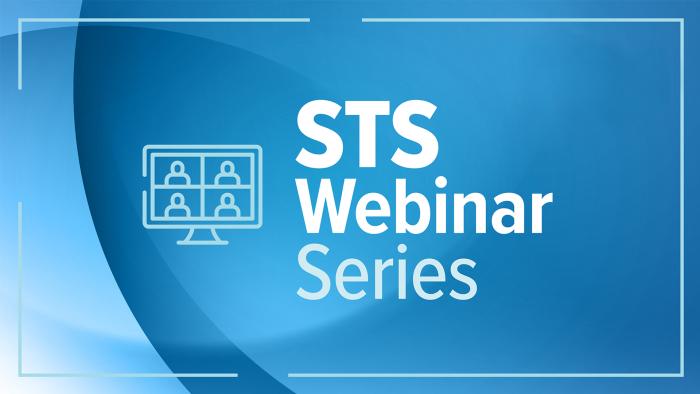This webinar aims to help early career surgeons navigate their way through challenging procedures that do not yield the optimum outcome for the patient, support their OR team during these difficult experiences, and process the death of a patient.
This is the first event in a quarterly webinar series for early career surgeons.
Moderators
Reilly D. Hobbs, MD, MBS
University of Utah/Primary Children's Medical Center
Salt Lake City, UT
Brian A. Mitzman, MD
University of Utah
Salt Lake City, UT
